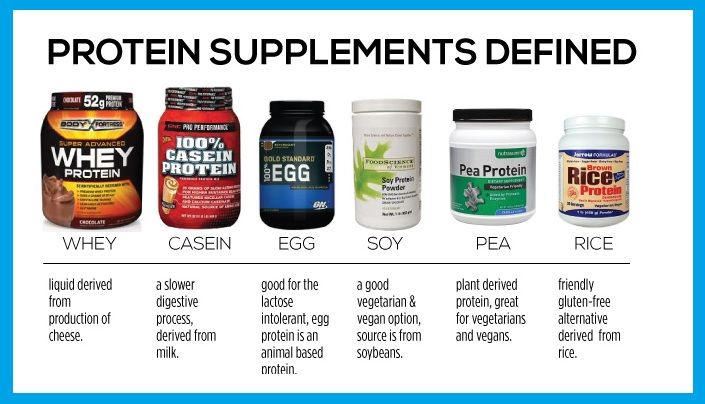Navigating the World of Protein Powders: Types and Uses
Protein powders have become a staple in the diet of many fitness enthusiasts, athletes, and health-conscious individuals. With so many options available in the market, it can be overwhelming to choose the right protein powder for your needs. In this article, we will explore the different types of protein powders and their uses to help you make an informed decision.
Whey Protein
Whey protein is one of the most popular and widely used forms of protein powder. It is derived from milk during the cheese-making process and is considered a complete protein, containing all essential amino acids. Whey protein is quickly absorbed by the body, making it an ideal choice for post-workout recovery and muscle building.
Casein Protein
Casein protein is another form of protein derived from milk. Unlike whey protein, casein is digested slowly by the body, providing a steady release of amino acids over a longer period. This makes casein protein an excellent choice for a bedtime snack or meal replacement shake to keep you feeling full for longer.
Plant-Based Protein
For those who follow a vegetarian or vegan diet, plant-based protein powders are a great alternative. These protein powders are usually made from sources like pea, hemp, rice, or soy, and offer a complete protein profile. Plant-based protein powders are easily digestible and ideal for those with lactose intolerance or dairy allergies.
Collagen Protein
Collagen protein is gaining popularity for its skin, hair, and joint health benefits. Collagen is the most abundant protein in the body and is essential for maintaining the health and integrity of connective tissues. Collagen protein powders are derived from animal sources like beef or fish, and can help support overall wellness and anti-aging.
Choosing the Right Protein Powder
When selecting a protein powder, it’s important to consider your dietary needs, fitness goals, and any food sensitivities. Some factors to consider include the protein content, flavor, additives, and price. It’s also essential to read the ingredient list and opt for protein powders with minimal ingredients and no added sugars or artificial flavors.
With a better understanding of the types and uses of protein powders, you can make a more informed decision when choosing the right one for you. Whether you’re looking to build muscle, support recovery, or improve overall health, there is a protein powder that can help you achieve your goals.


